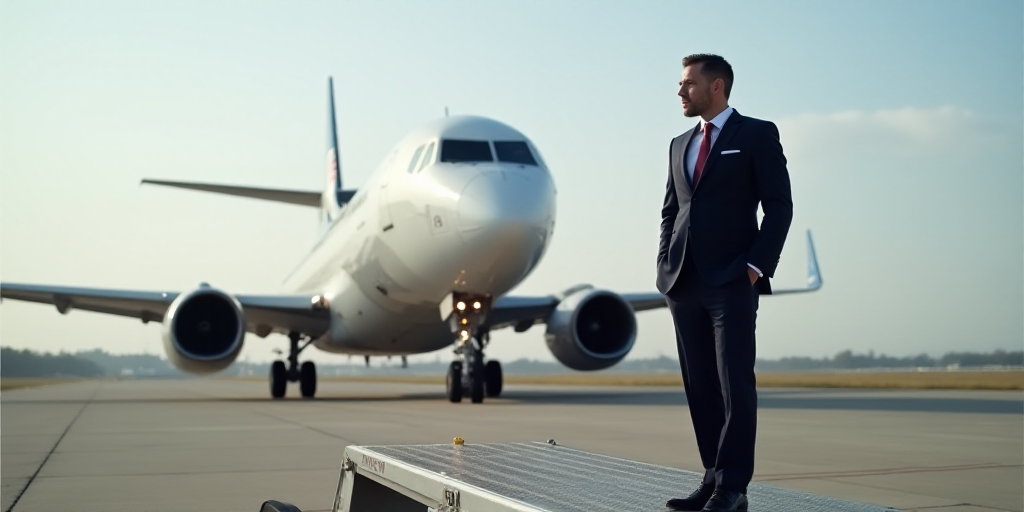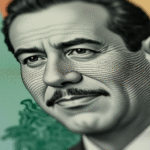Introduction to Fred Smith and FedEx
Fred Smith, the visionary entrepreneur and founder of FedEx, passed away on June 21st. His legendary Las Vegas wager exemplifies how a daring, albeit unconventional act could alter the course of the company and lead it to success.
The Birth of an Idea
Fred Smith’s idea for FedEx originated during his time as an economics student at Yale University. Although his professor praised the well-formulated concept, he emphasized that it needed to be feasible. Undeterred, Smith persisted with his ambitious plan.
From Idea to Reality
After serving two tours in Vietnam, Smith invested $4 million from an inheritance and $80 million from investors into creating a new express delivery company. In 1973, Federal Express was born.
Early Struggles and the Bold Bet
FedEx’s early days were promising, but the 1973 Yom Kippur War caused fuel prices to skyrocket, increasing operational costs. The following year, financial losses reached nearly $1 million per month.
To keep the company afloat and avoid bankruptcy, additional investment was required. When this proved difficult to secure, Fred Smith opted for an unconventional approach: gambling in Las Vegas.
The Las Vegas Gamble
According to Roger Frock, FedEx’s first general manager and operations director, Smith withdrew $5,000 from the company and gambled it at a Las Vegas blackjack table.
In his book “Changing the World of Business: The Incredible Journey to FedEx Success,” Smith recounts that he was asked about the source of the funds. He reportedly said, “The meeting with General Dynamics’ board was a failure, and I knew we needed money by Monday. So, I flew to Las Vegas and won $27,000.”
However, in later interviews, Smith acknowledged that the debts were so substantial that winning in Las Vegas was more symbolic than risky. He didn’t believe he had endangered the company by using its remaining funds.
Controversial Practices
Roger Frock’s book details several controversial practices in FedEx’s early years, such as issuing bounced checks to employees and requiring pilots to pay for fuel with personal credit cards, which would later be reimbursed.
Experts’ Opinions on Smith’s Actions
Katie Best, a researcher at the London School of Economics, told BBC that while FedEx’s origins are fascinating due to its risky and ridiculous maneuvers, it’s not a great example of good business practices.
“I wouldn’t recommend anyone make these decisions,” Best said, referring to actions of dubious legality, like using company funds to gamble on blackjack tables.
Xinyu Hou, an economist at the University of Cambridge, argued that the FedEx case offers lessons on taking risks.
“If we analyze Smith’s decision, we can see that without it, the company would have closed, forcing the sale of valuable assets at low prices. Creditors likely would have recovered very little from what was owed, as bankruptcies are lengthy and costly,” Hou told BBC Mundo.






